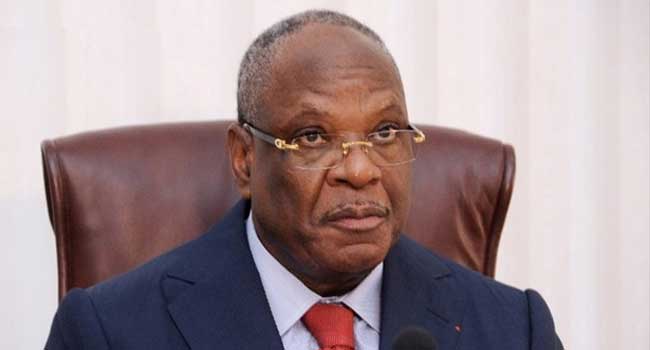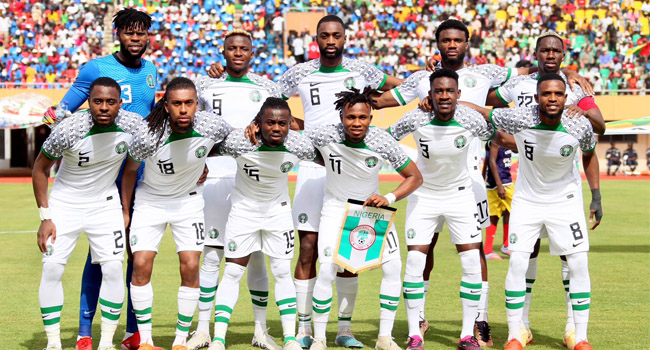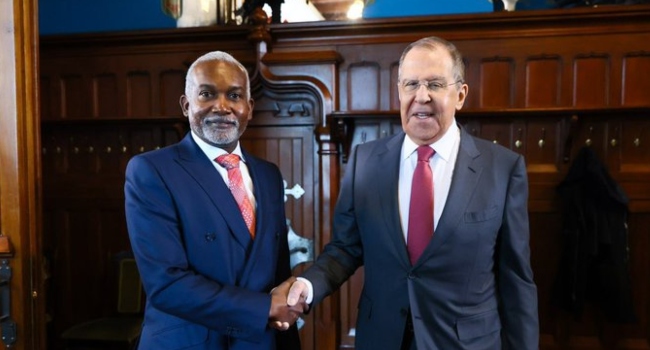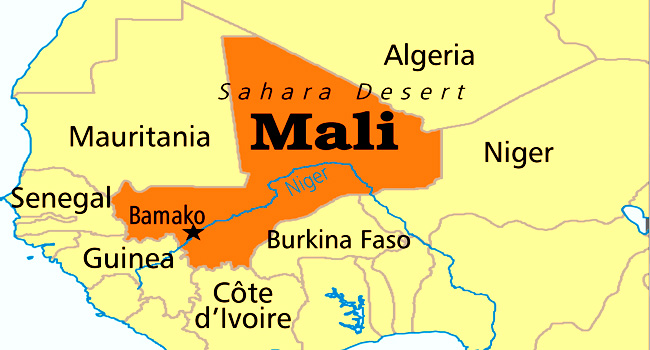
Malian troops backed by foreign allies on Wednesday launched a hunt for scores of soldiers listed as missing after one of the deadliest attacks in a seven-year-old jihadist insurgency.
At least 25 troops were killed after militants aboard heavily-armed vehicles raided two military camps at Boulkessy and Mondoro near the border with Burkina Faso, according to a provisional toll.
Fifteen jihadists were killed in the raids, according to government figures, which began early Monday and were quelled more than a day later.
Around 60 soldiers were listed as missing — 78, according to a security source — but late Wednesday the Malian army said 11 had returned to their base.
It is unknown whether the others have been killed or captured.
“Operations to secure the area are underway with Mali’s partners,” a Malian military source said.
“Our objective is to consolidate our presence in Boulkessy and to focus on soldiers of whom we are currently without news.”
President Ibrahim Boubacar Keita declared three days of national mourning would begin on Thursday, according to a government statement.
Hundreds of angry youths and wives of soldiers demonstrated outside a military camp in the capital Bamako late Wednesday.
Some demonstrators burned tyres to block off the avenue.
“We came here because the government is not telling the truth about the number of dead,” a woman demonstrator told AFP.
“It’s our husbands, the red berets, who are at Boulkessy.”
“My father is a soldier, he’s at Boulkessy, and I haven’t any news of him,” said 15-year-old Ali Oumar Diakite. “They’re lying to us. The army is under-equipped.”
– Blow –
The losses are a crushing blow to Mali’s armed forces, which are flailing in the face of a jihadist revolt that has spread from the arid north to its centre, an ethnically mixed and volatile region.
The operation is also a humiliation for the so-called G5 Sahel force — a much-trumpeted initiative under which five countries decided to create a joint 5,000-man anti-terror force — and for France, which is committed to shoring up the fragile region.
The losses symbolise “the escalating activities of violent extremist groups (in the Sahel) with more and more ambitious targets,” said Baba Dakono of the Institute for Security Studies (ISS), a think tank based in Senegal.
The attacks were eventually subdued with the help of Malian special forces and foreign allies, including French warplanes and helicopters.
The jihadists made off with a large number of arms, ammunition and equipment — local media stated about 20 vehicles were captured, including some mounted with machine-guns.
But French Defence Minister Florence Parly hailed the Malian army for quickly dispatching units to regain control of the camps.
“The determination of these units has helped restore a delicate and compromised situation and inflict losses on terrorists,” she said.
According to an army report seen by AFP, two army helicopters and about a dozen vehicles were burned in the attack on Boulkessy.
The camp there — which housed a Malian battalion that was part of the G5 Sahel — was destroyed.
The G5 Sahel secretariat said the assailants were members of Ansarul Islam, a jihadist group accused of multiple attacks in northern Burkina Faso.
Other sources were unable to confirm this.
– Fragile centre –
Jihadists lost control of northern Mali after French military intervention but regrouped to carry out hit-and-run raids and road mine attacks — classic tactics by a mobile guerrilla force.
They have also moved on to the country’s central region, where they have inflamed long-standing resentments between ethnic groups, analysts say.
On March 17, the Malian army lost nearly 30 men in an attack on a camp in Dioura, also in the troubled central region.
That assault came on the heels of a massacre of 160 Fulani (also called Peul) villagers — a bloodbath that led to a military reshuffle and the government’s resignation.
UN chief Antonio Guterres has been pounding the drum for help for Sahel states, among the poorest in the world, in their struggle against the mobile, well-armed and ruthless jihadists.
On September 14, the West African regional group ECOWAS announced a billion-dollar plan to help fund the military operations of the nations involved. Full details will be presented at a summit in December.




